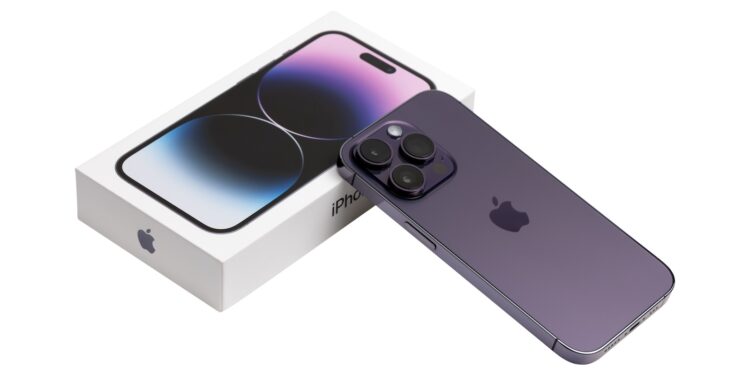Eddy Cue's statement is causing a stir: The iPhone may no longer be needed in ten years. The Apple executive made this statement in the context of the ongoing antitrust proceedings between the US Department of Justice and Google. The background: The rapid development of artificial intelligence could lead to conventional smartphones soon being replaced by new device forms – for example, smart wearables with integrated AI. This would be a massive upheaval for Apple, as the iPhone remains the most important product in the company's portfolio.
Apple is known for major product revolutions. The Mac, the iPhone, the Apple Watch – all products that have transformed many people's everyday lives. But in recent years, Apple has struggled to establish a new powerhouse. Statements from Eddy Cue, head of Apple Services, now provide a rare insight into the company's long-term thinking. Cue believes that new forms of AI-powered devices could replace the iPhone in the future. This applies not only to hardware, but also to core services like web search.
AI could replace the iPhone
According to Cue, AI is developing so rapidly that traditional smartphones like the iPhone could be replaced by other technologies within the next decade. He sees great potential, especially in conjunction with wearables. Devices equipped with artificial intelligence could learn to recognize user habits and anticipate actions – without the need for a display or manual input. Wearables such as AR glasses or discreet assistance systems could therefore be integrated into everyday life without you having to pull out a smartphone. According to recent reports, Apple is working on precisely such solutions. The long-term goal appears to be augmented reality glasses that offer enough functionality to replace the iPhone.
Apple's current product strategy
The iPhone remains Apple's most important source of revenue. The company has so far failed to develop a product that can replicate the iPhone's success. The long-pursued car project has since been discontinued. Apple's first VR headset failed to gain market traction and is falling short of expectations. As a result, the company is now increasingly focusing on robotics and wearable technology. Nevertheless, there are still a number of iPhone innovations to come in the coming years. A foldable iPhone is expected for 2026. For 2027, Apple is planning an iPhone that consists entirely of a display – without cutouts for the camera or Face ID. Even though Apple has not publicly confirmed that it plans to replace the iPhone, such developments show that the company is committed to continuing to modernize the product as long as there is no real alternative.
Previous AI wearables failed
So far, AI-based wearables have not been successful on the market. The Humane AI Pin, a small device with voice control and AI support, failed to convince users. The Rabbit R1, introduced in 2024, also failed to impress critics. Both devices suffered from immature software and limited functionality. Other companies are also working on screenless AI wearables, but so far, they have not achieved any major success.
Apple and the future of web search
Another aspect of Cue's statement concerns Apple's search engine deal with Google. This deal is at the center of the antitrust case. Google pays Apple around $20 billion annually to remain the default search engine in Safari. If this deal is prohibited by the court, Apple would lose a significant source of revenue. Cue explained that AI-based search solutions are on the verge of displacing traditional search engines. Apple is considering integrating other providers such as OpenAI, Anthropic, or Perplexity into Safari in the future. This would offer users more choice while reducing Apple's dependence on Google.
Apple prepares for change
The iPhone isn't finished yet. Apple is actively working on new versions and regularly releases updates. But internally, they seem to be preparing for the fact that devices like the iPhone will eventually be replaced by new technologies. The role of artificial intelligence will play a crucial role in this. Eddy Cue's statement shows that Apple is thinking long-term – and AI is at the heart of it. Whether the iPhone will actually be obsolete in ten years remains to be seen. But one thing is clear: Apple doesn't just want to follow the development, it wants to lead it. (Image: Shutterstock / Sergey Eremin)
- Apple plans to integrate AI search directly into Safari
- Which Apple iPhone is right for me? The big model comparison





